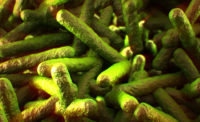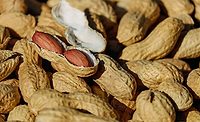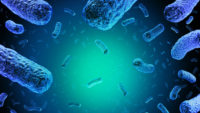University of Valencia researcher and professor Juan José Quereda Torres has just published the results of his progress on the knowledge of the infectious process of the Listeria monocytogenes bacterium. This study, conducted along with researchers from the Pasteur Institute of Paris, reveals how the bacterium invades cells to replicate and spread the infection in the organism of people and animals.
“Listeria monocytogenes can be found in a wide variety of foods, but cooking them at temperatures higher than 65 ºC kills the bacterium. The risk is in consumer-ready foods, in other words, those that are not cooked before being consumed, including raw foods, processed foods, and those made with nonpasteurized milk. This bacterium can also contaminate raw milk, which is in vogue in some areas," says Quereda.
This new study has been developed together with the research team of doctors Pizarro-Cerdá and Cossart, from the Pasteur Institute of Paris, which he has been working together with for several years. His research work focuses on the infectious process through which the Listeria monocytogenes bacterium invades the cells of the host, breaks through their internalization vacuole, and reaches the cytosol in order to replicate. As Quereda notes, “in order to progress on the knowledge of this process, in this latest research with the Pasteur Institute, we inactivated the expression of the 165 most important genes of the host mammal for the infection by Listeria monocytogenes, and we have identified for the first time the factors of the host that modulate the rupture of the vacuole and the cytoplasmic access to epithelial cells.”
"These breakthroughs could make it possible to develop new therapies to treat listeriosis in humans and animals in the future. Listeriosis currently has a death rate between 10-30 percent, despite the implementation of antibiotic treatment.”
The findings of the study have been published in the Journal of Infectious Diseases.




